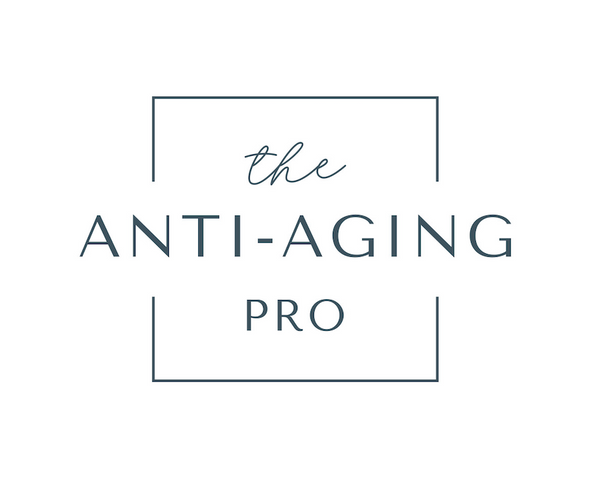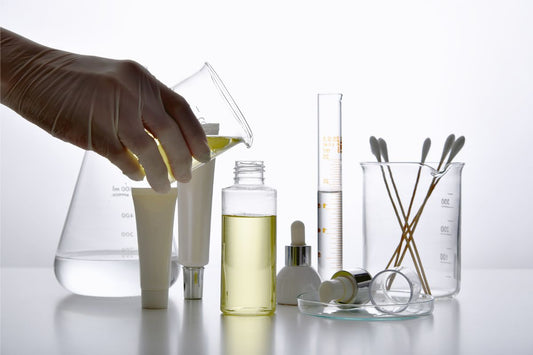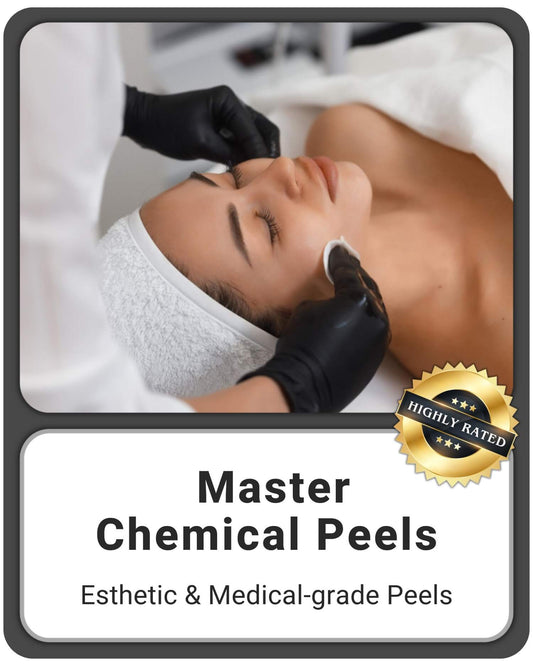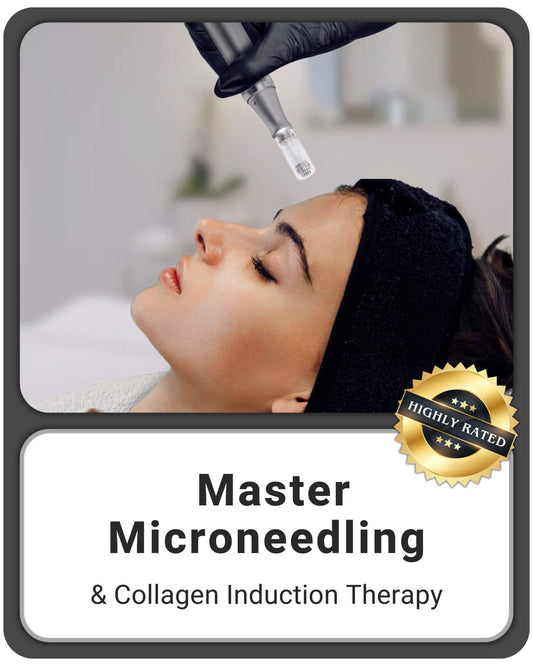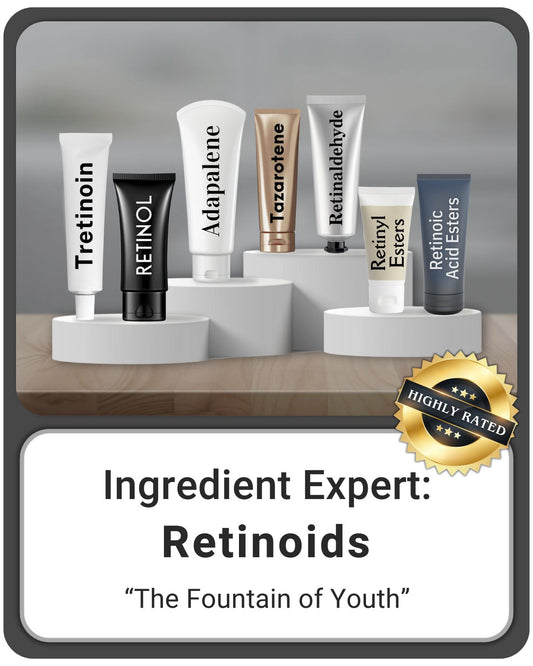
Retinoids: The Ingredient Expert Skincare Professionals Need to Know About
Jen CopferShare
Retinoids are a powerful ingredient in the world of skincare, known for their ability to combat both acne and signs of aging.
But what exactly are retinoids, and how can you incorporate them into your clients' skincare routines? Read on to learn more about the benefits of retinoids and how to use them effectively.

Retinoids:
The Ingredient Expert Estheticians and Skincare Professionals Need to Know About
Retinoids are the most powerful anti-aging and anti-acne ingredients on the market.
They have been used in skincare for decades and are considered to be one of the most effective ingredients for improving the appearance of acne, fine lines, wrinkles, and other signs of aging.
This is why retinoids are the #1 FDA-approved anti-aging & anti-acne ingredient on the market.
You may have heard of retinoids as an esthetician &/or skincare expert, but do you truly understand what they are, how they function, and why they are so effective?
If not, you’re in luck because I will give you a brief overview of retinoids, their benefits, and how you can incorporate them into your clients' skincare routines.
What are Retinoids?

Retinoids are a family of compounds that are derived from vitamin A. They are divided into two main categories: natural retinoids and synthetic retinoids.
They work by binding to specific receptors in the skin cells, which then trigger a cascade of biochemical reactions that lead to cellular changes such as increase cell turnover, stimulate collagen production, improve skin texture, and treat & prevent acne breakouts.
The Benefits of Retinoids
Retinoids have several amazing benefits for the skin, including:
-
Reducing fine lines and wrinkles:
Retinoids have been shown to reduce the appearance of fine lines and wrinkles by stimulating collagen production and increasing cell turnover.
-
Improving skin texture and tone:
Retinoids can improve skin texture and tone by reducing hyperpigmentation and promoting cell renewal.
-
Treating & preventing acne:
Retinoids are effective in preventing acne by unclogging pores and reducing inflammation.
-
Treating hyperpigmentation:
Retinoids can reduce the appearance of hyperpigmentation, including age spots and sun damage, by acting as a tyrosinase inhibitor & by promoting cell turnover and exfoliation.
Minimize Retinol Uglies
Retinoids can be a powerful addition to your clients' skincare routines. However, it's important they use them safely and correctly to try to minimize the 'Retinol Uglies,' which is a term used to describe the acclimation period of unwanted side effects when first starting retinoids. This is also known as the 'retinization' period.
Here are some tips for incorporating retinoids into your clients' skincare routines:
-
Start slowly:
Retinoids can be irritating to the skin, so it's important to start with a low concentration and gradually increase it over time.
-
Use only at night:
Most retinoids can degrade & become ineffective in the presence of natural sunlight, so it's best to use them at night.
-
Use SPF 30+ during the day:
Retinoids can increase the skin's sensitivity to the sun during the acclimation period, so it's important to use a broad-spectrum SPF to protect the skin from UV damage.
-
Avoid using with other exfoliants & harsh products:
Retinoids can be drying & irritating to the skin during the acclimation period, so it's important to avoid using them with other exfoliants and harsh products such as AHAs, BHAs, benzoyl peroxide, etc. until the acclimation period is over.
-
Support your skin barrier:
Using products that nourish and support your skin barrier is vital while using retinoids. It's important to use products that contain the 3 lipids found in the skin barrier. These lipids found in ingredients include ceramides, fatty acids (stearic acid, sunflower oil, safflower oil, macadamia seed oil, aragan oil, & linoleic acid) and cholesterol. If your client has extra dry skin and is not acne-prone, you can suggest they try "slugging" with an occlusive on their retinoid off-nights.
-
Educate your clients:
It's essential to educate your clients about the proper use of retinoids and the potential side effects.

Become a
Retinoid Ingredient Expert
If you want to take your knowledge of retinoids to the next level, I highly recommend our 5-hour, in-depth online course, Ingredient Expert: Retinoids.
This course is designed for estheticians, aestheticians, medical aestheticians, medical professionals, and skincare specialists who want to become experts in working with retinoids safely and effectively.
With our expert guidance and practical skills, you'll be able to confidently speak to your clients about retinoids and be able to provide them with the right treatments & proper products to achieve optimal results.
Everything is covered in the course, from the science of retinoids to the practical knowledge required to incorporate them into your clients' skincare routines.
You'll learn about the different types of retinoids, their benefits, how to choose the right product for your clients, and common retinoid myths debunked. You'll also learn how to use retinoids safely and effectively, including how to manage side effects by minimizing the "Retinoid Uglies" during the retinization process and how to combine them with other skincare ingredients.
Conclusion
Retinoids are a powerful ingredient that can have a transformative effect on the skin. As an esthetician &/or skincare expert, it's crucial to understand how they work and how to incorporate them safely and effectively into your clients' skincare routines.
By starting slowly, using only at night, using SPF during the day, avoiding other exfoliants & harsh products during the acclimation period, and properly educating your clients, you can help them achieve the best possible results.
